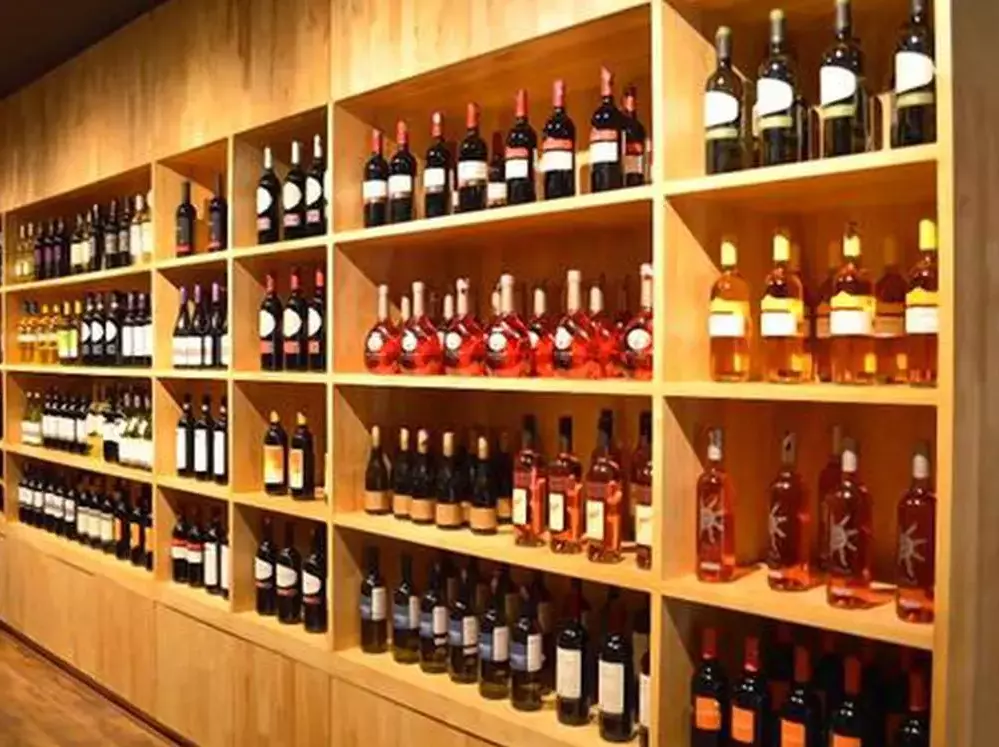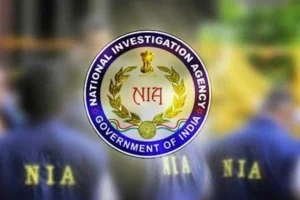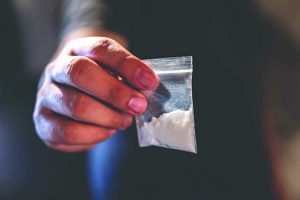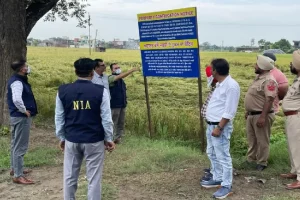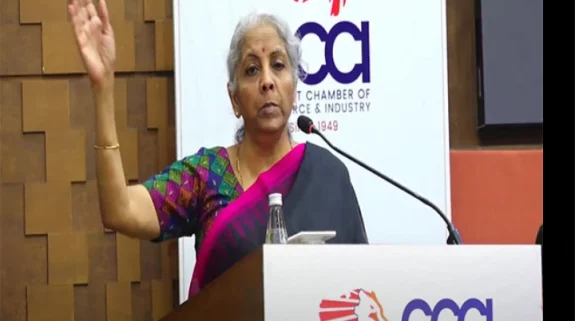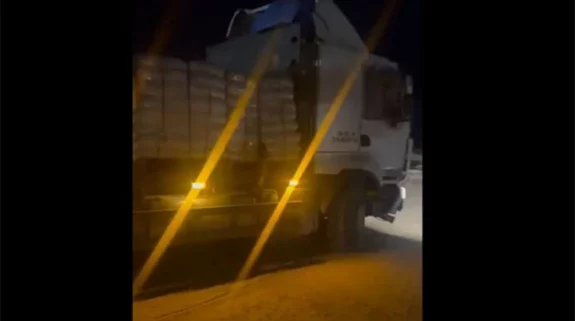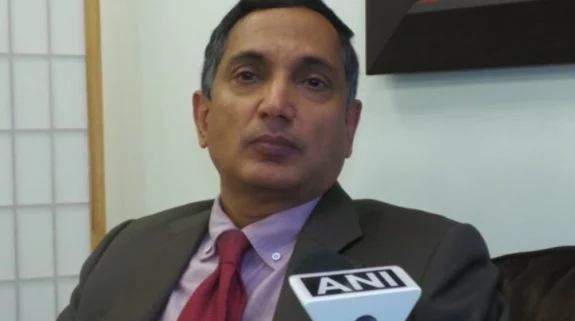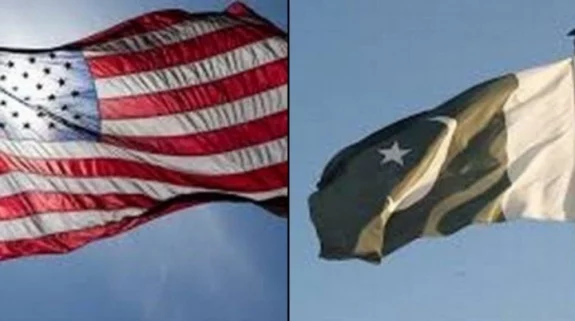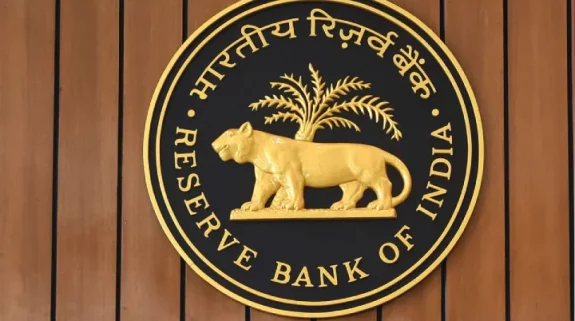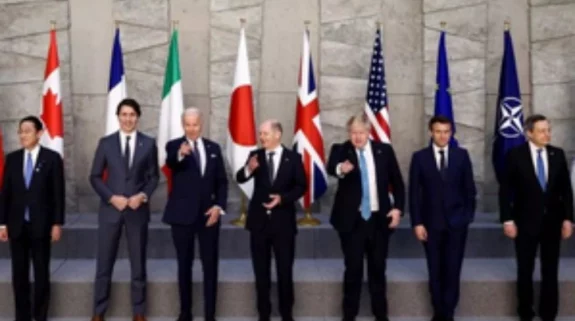CHANDIGARH: A multi-crore liquor scam unearthed three years ago in Punjab has not reached its logical conclusion as the Delhi Enforcement Directorate headquarter is sitting over the file pertaining to investigations in its money laundering angle.
The involvement of some Congress leaders was also established in the scam which was officially estimated to the tune of Rs 7000 crores. BJP’s Punjab-based leader Vijay Sampla who was at that time a Union Minister had raised the issue in a big way seeking action against some ruling Congress dignitaries involved in the scam.
Indianarrative.com emailed the Delhi-based Joint Director, Administration of ED on Wednesday to know about the status of investigations in the 3-year-old liquor scam, but he did not respond till Saturday.
The ED authorities are learnt to have transferred the case from its Jalandhar branch to Delhi headquarters in August 2020 allegedly under pressure from some influential Punjab politicians and liquor manufacturers. But no charge sheet has been filed in the Mohali ED court to date. Nor has the ECIR (ECIR/JLZO/33/2020), loosely called FIR, been sought to be cancelled if nothing illegal was found against the masterminds of the illegal liquor trade.
There is documentary evidence available showing that hurdles were being created in the ED investigations from day one as the Punjab police and Excise Department did not share details of the FIRs, history sheets, bank details, revenue records and call details of the suspects. ED wrote four letters in June and July 2020 to the Punjab police authorities seeking information but to no avail.
In 2019-2020 the Punjab Police and Excise Department in a joint raid found more than 13 distilleries and bottling plants situated in different districts that were engaged in the manufacturing of illicit liquor. A huge quantity of which was seized. As many as 13 FIRs were registered against 120 persons, mostly labourers, who were arrested while operating these units.
In Ludhiana an illegal bottling, labelling and packaging site at Khadur village allegedly had the backing of an influential Congress-affiliated liquor baron. Two people were arrested at this site. The popular costly brands’ bottles which were filled with spurious liquor included Chivas Regal, 100 Pipers, Black Label and Johnnie Walker Gold Label.
Interestingly, the illicit liquor manufacturing factories functioned even during the Covid pandemic when everything was under lockdown imposed by the government all over the state. This showed that the liquor from these illegal units was somehow being marketed in the state circumventing the tax payment procedures putting the exchequer at a loss.
The Jalandhar office of ED registered an ECIR and launched an investigation to find out where the crores of rupees generated by this illegal trade had been deposited or invested by the beneficiaries. Obviously, the ED officers were not convinced by the arrest of labourers made by the Punjab police as the real masterminds behind the running of the show seemed to be going Scott free.
According to the information made available by the Punjab Excise and Taxation Department, in all the cases police have presented charge sheets and the trial of the accused labourers was underway. Most of the accused have been bailed out by the courts but only 5 are still in judicial custody.
The maximum number of illegal liquor manufacturing factories were located in Patiala, Mohali and Ludhiana districts. One factory each was found in the districts of Tarn Taran, Batala, and Amritsar. More than 125 people died in Tarn Taran after consuming illicit liquor prepared from Extra Neutral Alcohol (ENA) in July and August 2020.
The ED officers wanted to investigate the source of pilferage of ENA that otherwise could be legally bought by none other than distilleries under license as per quota fixed for them by the government. The Tarn Taran tragedy indicated that some “big liquor manufacturers” running distilleries made easy money even during the lockdown by clandestinely selling ENA in the black market.
Police sources revealed that the call details of a son of a Congress leader, which are still available in the records, proved his presence in and around the illegal mini-distillery located in Ghanaur, a village in the Patiala district. The liquor manufactured in this factory was distributed mostly in Patiala and adjoining areas with the help of a municipal commissioner who now heads the local civic body.
In Khanna district, a distillery was unearthed and one Kulwinder Singh was arrested. He was an office bearer of the Congress having links with two MLAs of the then Congress government.






